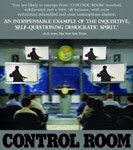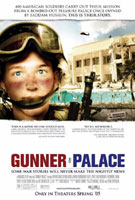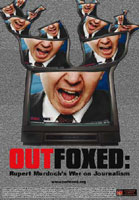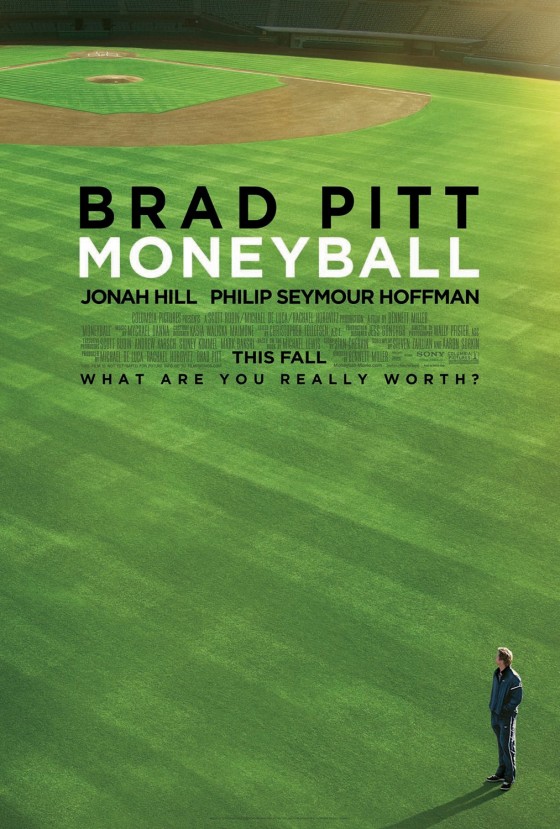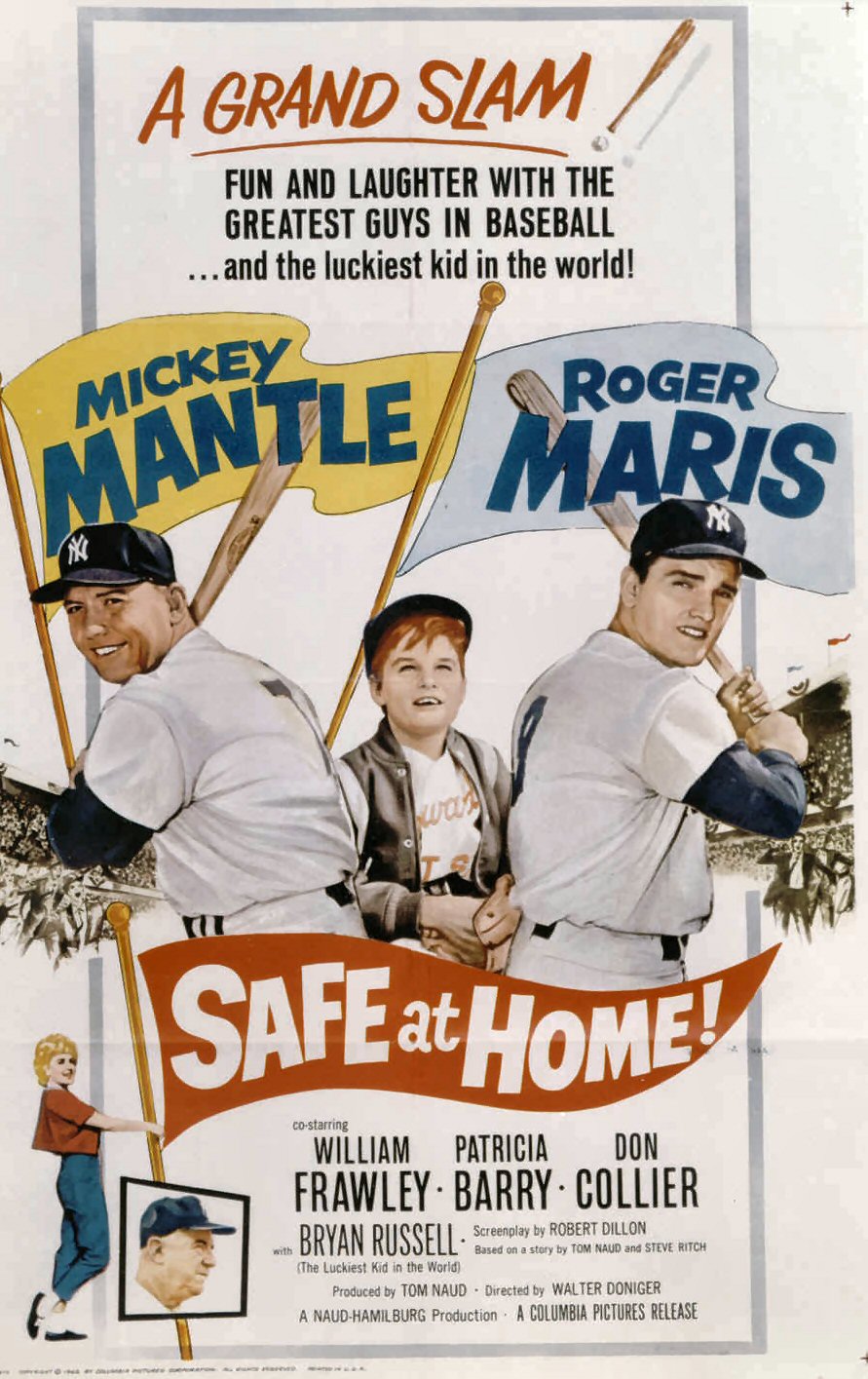Every story has at least two sides but too often we rely unquestioningly on just one. Such is the case with media consumption and the most obvious current example is the war in Iraq. Jehane Noujaim’s Control Room is important not so much in that it is a great documentary, but it raises some of the implications of our own biased media coverage through the example of a media outlet that is happily open about its stance, an admission few Western news agencies would admit to.
Just as the American media was very much behind the stars and stripes in the war, there was another station being chastised for standing behind the Iraqi government. Al Jazzera was showing the unpopular side of the war complete with shocking imagery and stories that undermined the American-led coalition.
I remember watching the American caravans streak in Baghdad last year and finding myself wrapped up in the awe of seeing a government fall live before my eyes. Yes, seeing Saddam Hussein’s statue topple gave me goosebumps as did seeing jubilant Iraqis celebrate their liberation in the streets. The pictures were live and on CNN so they had to be true. Didn’t they?
My eyes weren’t playing tricks on me. Hussein’s reign had indeed ended but there was more to the pictures than the American military was willing to share. According to some within Al Jazzera, those celebrants might not have been local Iraqis but rather plants to enhance the media spectacle that would play on almost every channel around the world. Yet why weren’t any questions being raised out West? Why has it taken me over a year to hear such reservations? Because I am a media consumer just like everyone else. Even though I had reservations on the legitimacy of this latest war, I was still glued to the TV daily waiting for the promised “Shock and Awe” and live uncovering of an underground lair of “weapons of mass destruction.”
Of course, it’s all just a distraction. War propaganda has become an important part of every war. With the ever increasing number of media outlets, there’s fierce competition for exclusive interviews and access to hot information. Immediacy has become even more important in order to be among the first on the air or to the wire to get the ‘facts’ out. But in the rush for immediacy, the art of investigation and objective points of view are now extinct or very close to it.
The fact that Al Jazzera shows a different perspective doesn’t necessarily mean that they are irresponsible. They’re just open about where their subjectivity lies. Control Room traces the war in Iraq through their eyes, gathering interviews from producers and news directors while showing clips of their coverage as a counter to Fox or CNN in the United States.
Control Room shows the importance of seeing both sides of a story. For example, their take on the march through Baghdad allowed me to see it in a completely different light. War has become a spectacle where half-truths are now enough and governments may very well be pandering to the cameras by adding a stage show to go along with it. It’s proof that images have the potential to be the most powerful medium in the world and that they can be so overwhelming that we forget to look at it from another perspective.
There are times when Control Room seems a little redundant. Noujaim gravitates to the same sources over and over again. The film follows the war chronologically through the war from a couple of days before the bombing began through the fall of Hussein’s statue in Baghdad. It’s simply constructed through interviews and news clips rather crudely pasted together. Even still, the subject matter makes it an important film. The best moments are those that show familiar events with commentary from Al Jazzera’s point of view, almost making the war almost feel rounded.
Media objectivity is dead, if it indeed even existed. What Control Room seems to argue is that we should accept this fact and perhaps look to broaden our consumption to more outlets and formats. It’s exciting that films such as Control Room are being released to ever increasing audiences. We are going through a very political time and whichever side of the story you believe in, films like Control Room are making it easier for everyone to get involved in the discussion. And therein lies the film’s greatest attribute. It reminds us that there is more to a band of men marching down the street in celebration. There’s a story behind it and in the current media landscape, that story might be held back. I don’t think Noujaim wants us all to be cynics towards the news, but rather that we should become active in our consumption of it and aware in how we’re consuming it.
Control Room Gallery
Control Room Trailer
